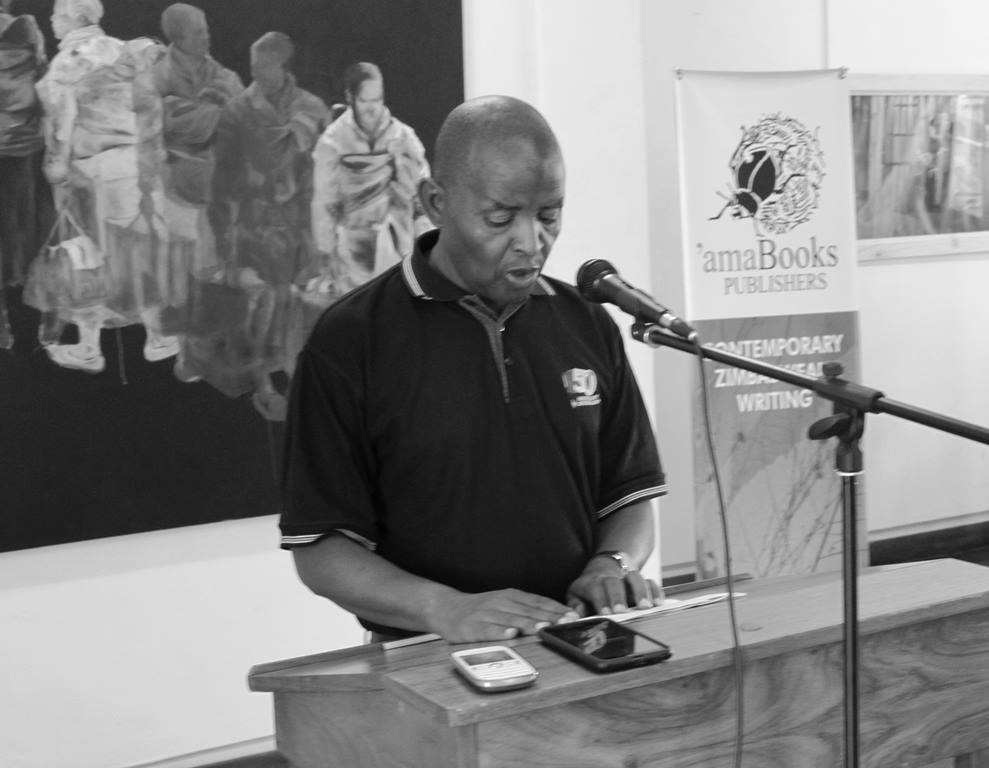The afternoon is
still bright as the electricity clicks off. The sky is a deep blue and the
garden is alive with the softness of butterflies as we make the rounds of
flower pots with our watering can. My little girl holds it clumsily over each
mass of flowers while I hold the bottom and push it upwards so the water sprays
out through the spout. The pink of the daisies contrasts starkly with the soft
brown of the garden. At the bottom of the rectangular strip of ragged lawn
looms an enormous green-grey cactus, its many flat, round hands frozen in a
manic mime of a wave. I collect the debris of tea things and load them on the
cane tray: a teapot and a chipped milk jug with a cracked handle; a mug and a
child’s cup and saucer with a soggy digestive island in a shallow sea of cold
tea.
Inside,
it is dark. The sun has begun to turn from the house and already there is a
coolness in the kitchen, that faint reminder it is winter, however warm the
afternoon has been. I grab lightweight jerseys and the house keys, and we trot
off down the drive to the gate. We have escaped back into the light as we walk
down the road. Motes of dust rise and fall in what shafts of sunlight manage to
penetrate the jacarandas that line the road and stretch across it, branches
touching like a couple in an old-fashioned country dance.
We
pass people on their way home: a man in a weathered suit and a grey hat perched
jauntily on his head clatters by on his bicycle with a nod and a smile; a woman
walks briskly past, her maid’s uniform hanging shapelessly from her, a little
too long and a little too big. A gardener with an old, fat Staffordshire Bull Terrier
ambles slowly along. They make an interesting couple; the man himself is old,
too, but he is upright in a dignified manner. The dog is short and squat. Despite
the gentle walk, he pants hard and his pink tongue lolls out of his mouth. His
owners live in Australia, but he and the gardener live at number seventeen, up
the road. Two runners in Lycra shorts and vests overtake us, earplugs in, sweat
glistening on their faces. They hardly look our way, so intent are they on
their run.
We
pass a motley of houses, some old, in disrepair, with chickens pecking in the
dust and mangy dogs who bark and snarl behind buckled ribbons of barbed wire
fences, but run, tail between bony, twisted legs, at even the smallest movement
towards them on our part. Old post boxes, paint peeling, lean apathetically in
at misshapen gates tied together with electrical wire and torn plastic bags.
Occasionally, there are remnants of a name: Utopia, The Range,
Pathways. Dusty driveways lead to ramshackle houses whose doors are always
bolted shut and at whose windows curtains are irregularly looped.
Rusty
metal archways, which once bent under the heaviness of honeysuckle and jasmine,
now lean drunkenly across paths that lead to fragments of entertainment areas;
cracked paving stones end abruptly at yellowed grass and sandy outcrops where
nothing grows. The sad, dark windows of the houses look out on empty swimming
pools and skeletons of flower- beds, the once-ambitious desires of long-gone
owners for middle class respectability. The tennis courts have been dug up,
some optimistically ploughed into vegetable patches where clumps of chomolia
are the only signs of green. Ragged squares of asphalt hint at the dreams of
the past. A straggle of bauhinias along a fence leans, not so much with the
weight of the trees, but with the wait of the years.
One
of the houses issues a sign of life. A dog yaps, a child looks shyly round the
carcass of a rotting car, a mother shakes nappies from a collapsing washing
line and folds them into a bucket. The veranda of the house is piled high with
old furniture and machinery and wound round with a piece of rope – a vague
warning to any potential trespassers to keep away.
‘That’s
a witch’s house,’ whispers Rosie, her finger on her mouth. ‘She keeps children
and eats them. Ssh! Let’s go past quietly.’
We tiptoe along the dry grass verge, exaggerating our movements and sharing a
suppressed giggle. The child watches us, a shy smile on her face, then runs to
her mother’s side. A black car with tinted windows roars down the road and I
pull Rosie to my side.
‘It’s
all right,’ she says in a matter of fact tone of voice. ‘If it hits me, I’ll
just fly away. Fairies can do that, you see. We never die.’ The car turns in at
the gate of the house and the scrawny dog rushes out, hackles up, barking. The
woman calls to someone in the house and the child shrinks back into the shadows
as a man comes out the house and kicks the dog. He opens the gate, but the car
doesn’t go in.
‘That’s
the witch’s servant,’ Rosie informs me with a knowing glance. ‘He’s an evil
goblin who has to work for her for a hundred years because he once tried to
steal her cat.’
An arm stretches out the window of the car
and hands the man a small brown packet then hangs limply over the door. The man
talks, he nods, gives a brief wave and the car reverses, the exhaust booming
like a foghorn in the night. Rosie nods as though this confirms some long-held
suspicion of hers.
At
the corner of the road is our favourite house. Cinderella’s house. It is small,
but neatly compact. The garden is empty of rusting cars and bedraggled dogs.
The low hedge of Christ thorn is always kept trimmed and a small hand-painted
sign asks you to please close the gate after you. Not a blade of grass survives
the daily sweeping routine, but, on the veranda, an oasis blooms. Palms and
cacti proliferate from tin cans and plastic yoghurt cartons. Various succulents
spill out of old ice cream containers and creep down the side of the veranda
wall.
In
the middle of it all is a chair and table and this is where we imagine
Cinderella sits and surveys her humble surroundings. It is here that she meets
with her friends the squirrel and the mouse and tells them of her life before
she was confined to being a servant. It is here that she sings as she mends her
ragged clothes in the evening and it is here, on this very chair, that she will
sit while the prince fits the glass slipper on her foot and discovers who she
really is.
During
the day, Cinderella may be found in front of the house managing a small stall,
an upside down box on which she has placed sweets, single cigarettes, tomatoes
and phone cards. She is tall and thin and today she wears a tight fitting black
top and has wrapped a brightly coloured piece of material around her for a
skirt. We stop to survey her wares, Rosie picking up and turning over each
sweet.
‘The
magic ones are red,’ she whispers to me. ‘Those are the ones that make you
fly.’
Cinderella
smiles. She often joins in Rosie’s game. I choose an orange sweet.
‘No,
no,’ says Rosie, her hand on mine. ‘Those ones make you freeze.’ She stands
still, as though playing a game of musical statues. ‘Then you can’t move until
the wizard of the snowy mountains says the spell.’
‘The
wizard of the snowy mountains?’ I say, replacing the sweet on the box.
‘Ye-es,’
Rosie assures me with a firm nod of her head, as though she cannot believe I
have not heard this information before. She looks for confirmation from
Cinderella who nods her head at me.
‘Well,
best to stick to flying,’ I say, picking up a red sweet and handing Cinderella
a couple of coins.
‘Thank
you,’ Rosie whispers to me as we move away. ‘Now she can buy the material for
her dress for the ball.’
At
the corner of the next road, Rosie slows considerably and her voracious talk
dies away to nothing. She looks up at me uncertainly, a finger pressing down
her bottom lip, and then across at a dark shape seated next to a fire. The
shape does not register our presence. He sits on an old paint tin, huddled over
the small flames, poking and prodding them to life. His long hair is matted
into thick, twisted coils. All around him is the debris of suburban life: empty
tins that once contained baked beans and tuna fish and Woolworths Extra Thick
Cream of Asparagus Soup. An empty bottle of conditioner for dull, lifeless hair
and a tub of Vaseline. There are boxes and tins and packets and wrappers, each
inspected carefully for any remnants that may exist. He talks, but not to us.
‘Who’s
he talking to?’ my daughter asks, squeezing my hand.
‘No
one,’ I reply, still in a whisper, as though he will suddenly notice we are
there watching him.
‘How
can you speak to no one?’ she wonders suspiciously.
‘Maybe
they’re invisible,’ I say, knowing this will rest better with her.
‘Yes,
maybe,’ she says, a hint of excitement in her voice. ‘Is he a giant? He looks
very big.’
‘Yes,
I think he is,’ I say. ‘He’s a big, angry giant and he’s turned his servant
invisible because he was cheeky to him.’
‘Or
maybe,’ she replies, after thinking a couple of moments, ‘maybe his servant wants to be invisible to teach the giant
a lesson.’
I
nod in agreement. ‘That’s right. He stole the giant’s invisible spell and the
giant is cross because he can’t see where his servant is and whenever he thinks
he’s found him, he moves.’
She
giggles and at that moment, the man turns to rummage through an old hessian
bag. Tins clank and something rustles and we jump and carry on our journey. We
are approaching new country; even the light is changing. It is a deep green,
the green of tranquillity, of assurance, of money. To get there, we need to
cross the Magic River.
‘Quickly!
Over the Magic River! One, two, pink and
blue, magic, magic, keep us safe and true.’ Rosie jumps over a ditch and
waits for me to do the same. I take an exaggerated leap. ‘Aah, you didn’t say the
magic!’ she says, despairing at my lack of knowledge of these things. ‘All
fairies have to say the magic otherwise the goblin will make their boats sink.’
‘Their
boats?’ I ask incredulously as I look down at the ditch laced with empty
Chibuku cartons and condom packets. I can quite easily imagine a goblin hiding
amongst the rubbish waiting to purloin any unsuspecting wayfarer, but I am a
little more sceptical about fairy boats for it is winter and the ditch is dry.
‘Yes,
the fairies sail their boats from here every evening to go back to Fairyland.’
I go back and invoke her little charm and
then jump across the ditch again.
‘Don’t
let the goblin get you,’ she squeals. ‘I can see his hands and the top of his
head!’ She grabs my hand. ‘Whew! You’re okay. I’m so glad.’
We
pass the row of houses that have been saved the shame of decline and converted
into the regional headquarters of aid organisations. Their gardens have been
turned into squares of carpark with blue and white striped awnings to protect
the shiny vehicles parked beneath. They have signs on the walls with slogans
like ‘One World, One Future’ and a little sentry box in which a security guard
sits with a school exercise book in which to record all the comings and goings
of all the shiny vehicles. Next to them is a dentist’s surgery with a short
strip of clipped lawn in front of the wall and the bland perfunctory garden of
a business behind it.
 Some
houses we cannot see; they exist behind walls and electric gates. We hear the
tic-tic of their garden sprays and imagine neat lawns of green; flowerbeds
overflowing; doors closed against the cold; hot food; the lull of television;
warmth. Sometimes we pass huge plots with tennis courts and swimming pools and
jungle gyms and swings; where earlier in the afternoon, nannies in smart
uniforms sat with toddlers in puddles of sunshine on lush green grass
and where now fierce dogs growl and bark behind high fences and closed gates;
where notices give warning of alarmed premises and armed response units ready
to be deployed. Enormous houses tower above us, like fairy-tale castles with
their many rooms and roofs and chimneys, reaching up and up and up, competing
with the surrounding jacarandas and eucalyptus trees, while fountains of
multi-coloured bougainvillea spill over six foot walls lined with razor wire
and through electric fences that zing softly in the dying light.
Some
houses we cannot see; they exist behind walls and electric gates. We hear the
tic-tic of their garden sprays and imagine neat lawns of green; flowerbeds
overflowing; doors closed against the cold; hot food; the lull of television;
warmth. Sometimes we pass huge plots with tennis courts and swimming pools and
jungle gyms and swings; where earlier in the afternoon, nannies in smart
uniforms sat with toddlers in puddles of sunshine on lush green grass
and where now fierce dogs growl and bark behind high fences and closed gates;
where notices give warning of alarmed premises and armed response units ready
to be deployed. Enormous houses tower above us, like fairy-tale castles with
their many rooms and roofs and chimneys, reaching up and up and up, competing
with the surrounding jacarandas and eucalyptus trees, while fountains of
multi-coloured bougainvillea spill over six foot walls lined with razor wire
and through electric fences that zing softly in the dying light.
Outside
one, a lawn stretches from the gate to the road’s edge – a piece of soft
manicured emerald, an unusual sight in drought-ridden Bulawayo. Suddenly, my
daughter runs at it with her usual childish gusto.
‘I’m
a fairy!’ she cries, opening her arms wide and flapping them up and down. ‘I’m
off to the Magic Wood.’
She
runs and tumbles, glorying in the smooth green velvet. ‘I’m off . . . off. . .’
she intones, turning round and round. I stand and watch, basking in motherly
pride, but aware, too, of the walk home, the gathering darkness. It is then
that she grabs my hand and pulls me along with her, and suddenly I am flying,
too. We flutter, we jump, we soar and swoop. Across the grass and back, close
to the wall and the shut-fast gate and back down to the road.
‘I’m
a fairy and you’re a pixie,’ she shouts, commanding the situation. ‘Fairies can
fly higher than pixies.’
‘Ah,
but pixies are cleverer than fairies,’ I say, as I run up and down the grass
verge.
‘No,
they aren’t!’ she insists. ‘And, anyway, fairies live in flowers and pixies
live in toadstools and I think flowers are better.’
‘Let’s
fly home,’ I say. ‘Let’s see if pixies or fairies fly faster.’
And
so we are on our way home. The sun slips orange over the horizon as generators
whirr into life and electric lights flicker on. Garden sprays are off and
gardeners have long ago wound in hosepipes and gone home. Maids have returned
to their own children who, heavy with sleep, catch glimpses of their mothers as
strange visiting angels before their eyelids close. The old dog and his
companion will have reached home a while ago.
Past
the Magic Stream with the boats lined up to go to Fairyland and the goblin
chuckling with menace as he scuttles off to hide amongst the used sanitary
towels and broken glass; past the giant who pokes at his fire and then rocks
back and forth, talking all the time to his invisible servant. Past Cinderella
who has packed up her stall and returned to her duties inside the house. Past
the witch’s house where the chickens are now in their coop and the stolen
children are in their beds and the dog growls menacingly but without
enthusiasm.
By
the time we get home, the world is grey with twilight. Our house stands dark
and impassive. If we are lucky, the power will be back within the hour; if we
aren’t, we can hope for it in the morning. I open the door and reach for the
candle and matches strategically placed on a shelf round the corner of the door
jamb.
The
night stretches before us, cold and dark. Rosie is tired now and hungry. She
forgets the litany of fairy tales as easily as a piece of litter dropped into
the Magic River. I warm milk on the gas ring and cut some sandwiches for
supper. By candlelight, we read another story of witches and fairies. We fall
into bed, Rosie heavy with sleep, holding my hand tightly against her chest
until she drifts off and her grip loosens. I lie awake, imagining that the
glimmer of generator-fuelled lights from my neighbour’s house are but fairy
lights floating in the darkness of the Magic Forest; that our tiny home is a
tower that stretches up, up, up into the air, commanding mystery and majesty
and wonder in all who pass it by.
I
am Rapunzel in my room, letting down my hair every evening, watching it cascade
in a blue-black waterfall through the feathery gauze of night, wondering if
some handsome prince will make himself known tonight and set out through the
forest, sword in hand, slashing through the thorns till he reaches the cold
stone wall of my tower and stares up at the dark window far above him.
Or
I am a princess in a many-turreted castle with a rose-filled garden that
stretches all the way to the cliff’s edge and a high wall that no one can climb
over and fierce dogs that guard the gate. I have children who spend long, hot
afternoons tumbling on pea-green lawns or sailing boats in the pond whilst kept
out of harm’s way by a host of nannies and maids and gardeners while I dine at
banquet tables that overflow with food and wine.
The
generator next door switches off for the night and a cold black silence
descends. I return to the room alone, folding myself back into my broken
dreams. I imagine Cinderella threading her needle and settling down to chat to
her animal friends. I envy the Giant his invisible servant and the ancient dog
his ancient keeper. But I am happy, for although my tower is tall and dark and
lonely, I have not forgotten how to sprout wings and fly. I have never stopped
believing in the magic that will one day pick you up off your feet and let you
glide and flutter and swish and swirl and take you off to places you never
imagined existed and yet always, always, bring you home safely to the tower at
the end of the road.
I settle under the covers and take
Rosie’s small hand in mine, listening to her soft rhythmic breathing. Satisfied:
the darkness is kept at bay.
















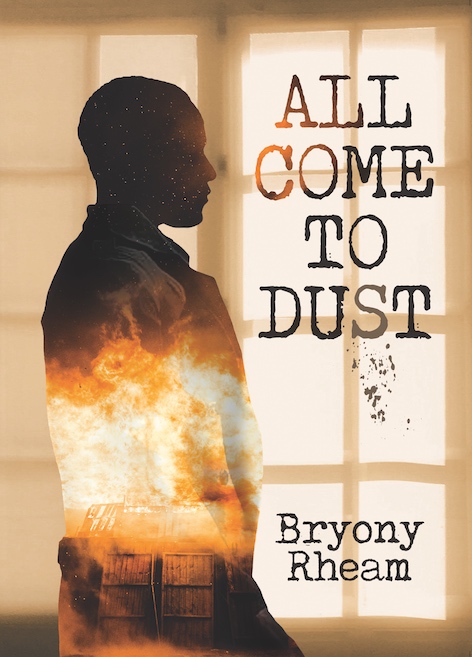
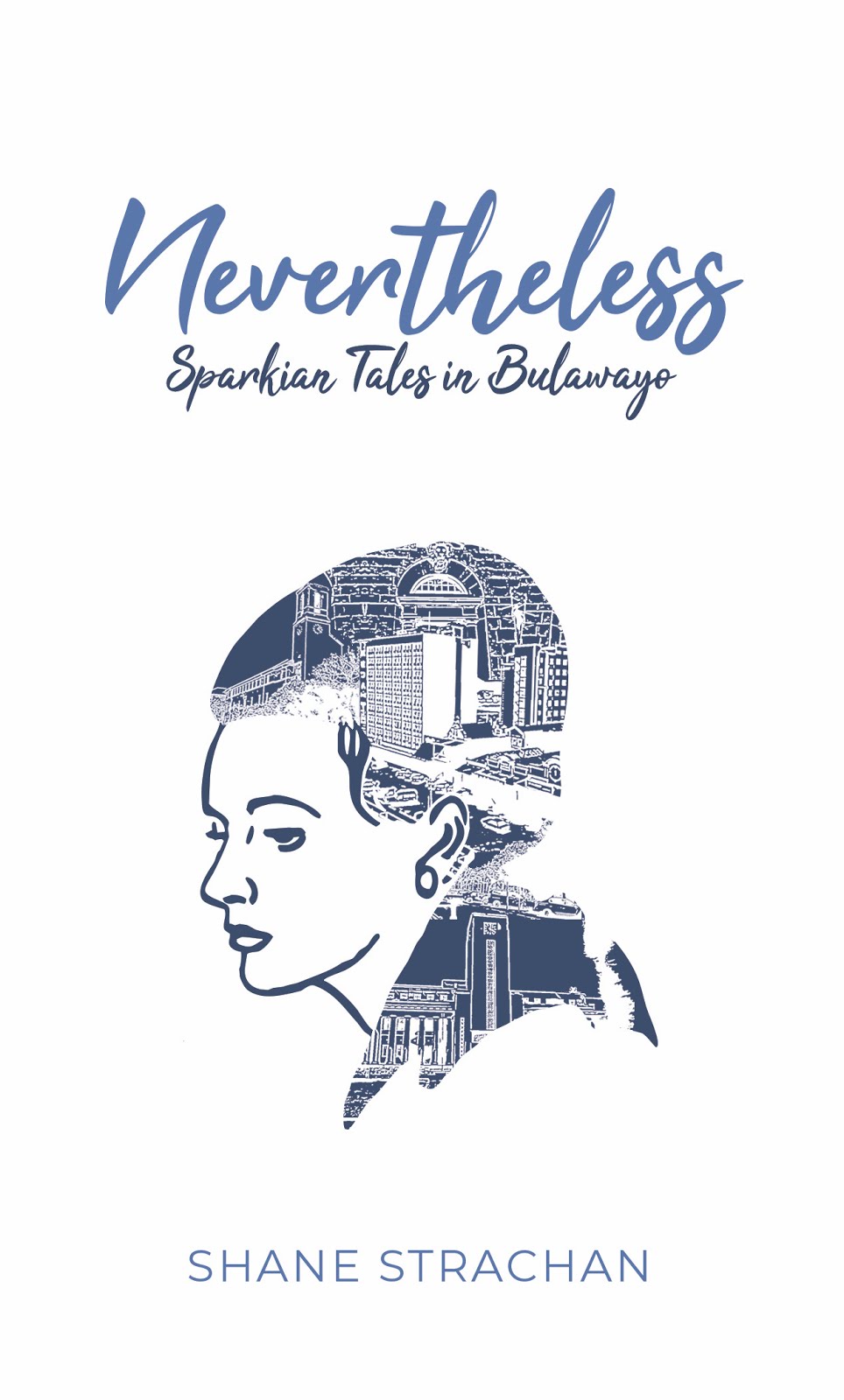





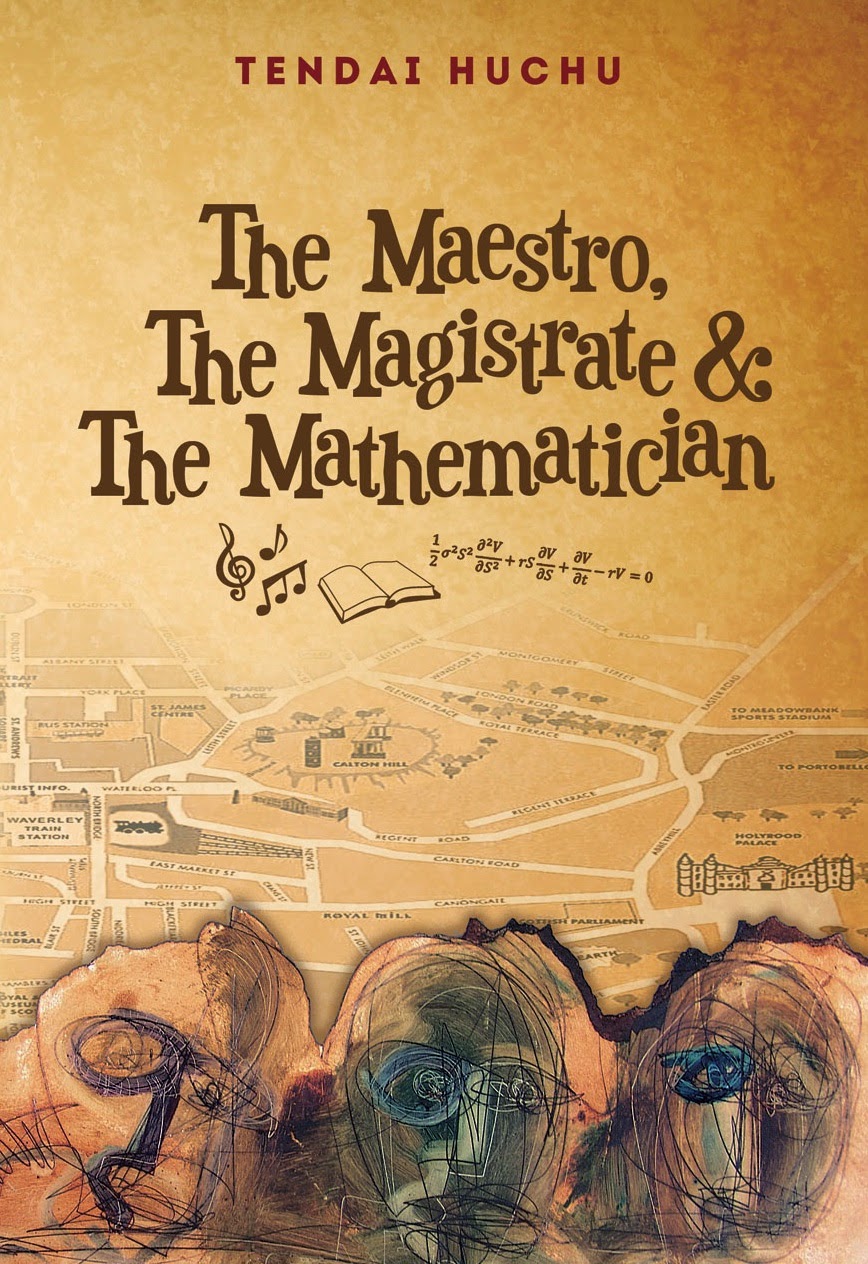
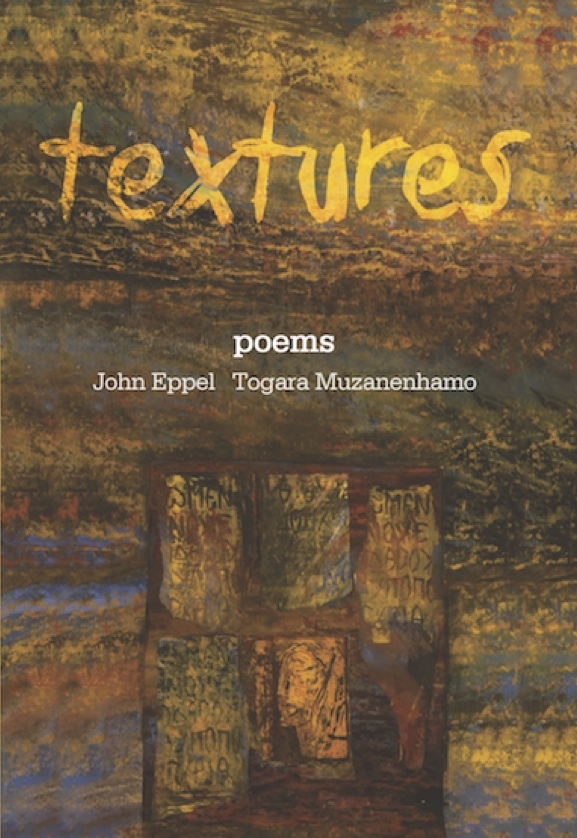
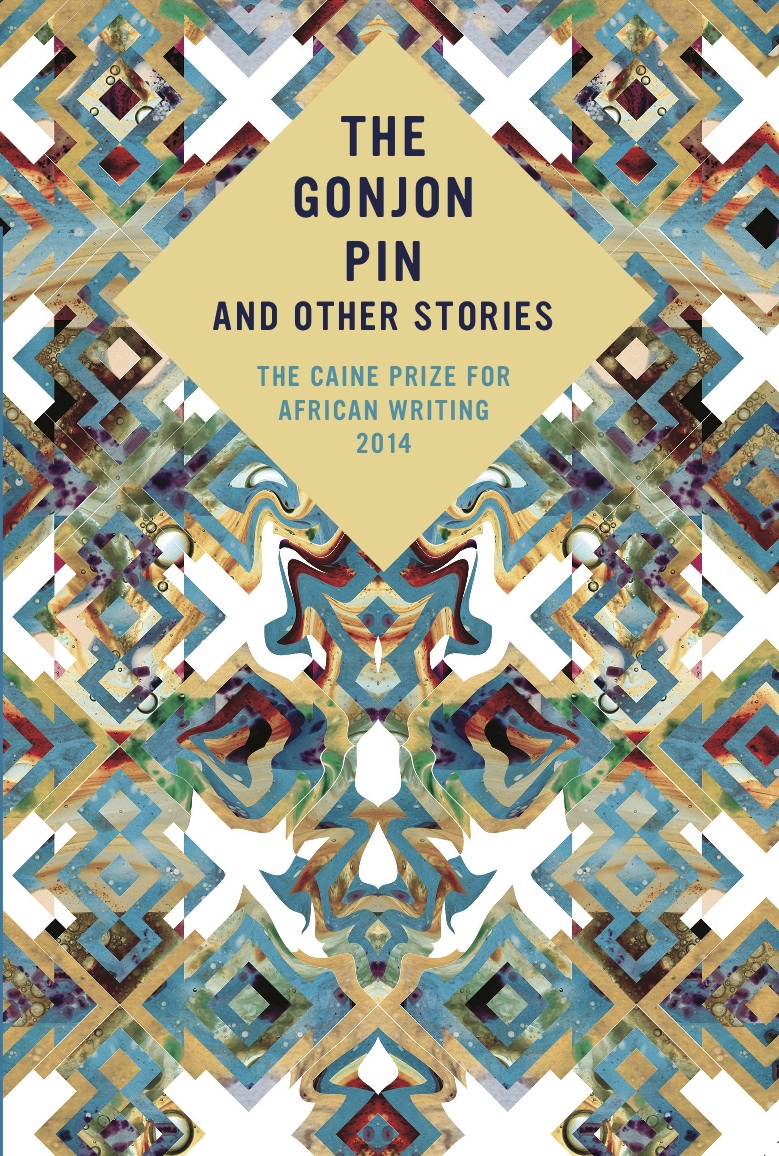
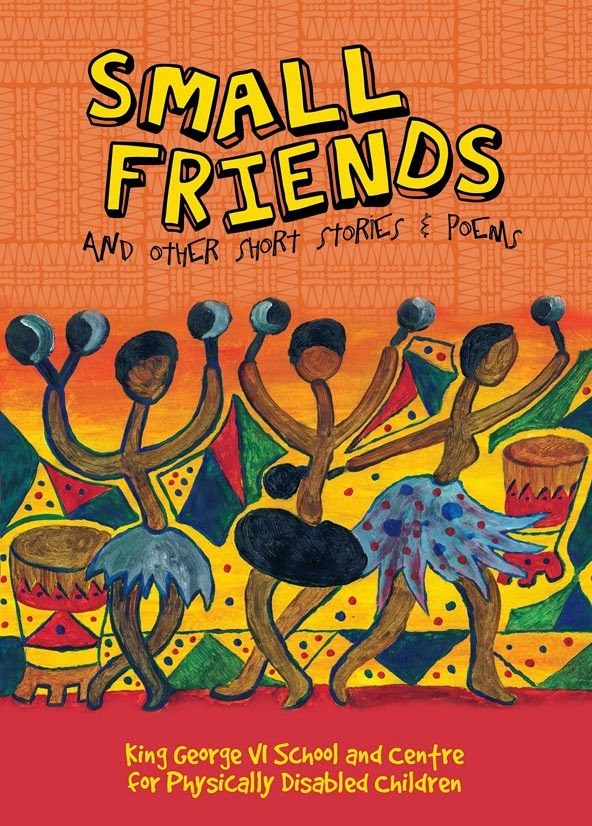
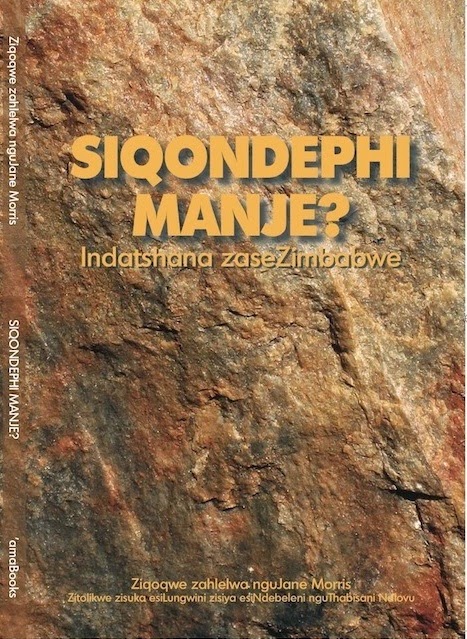
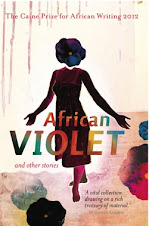

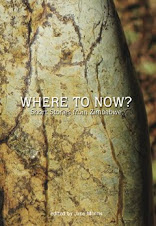
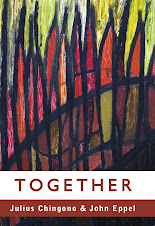
.jpg)

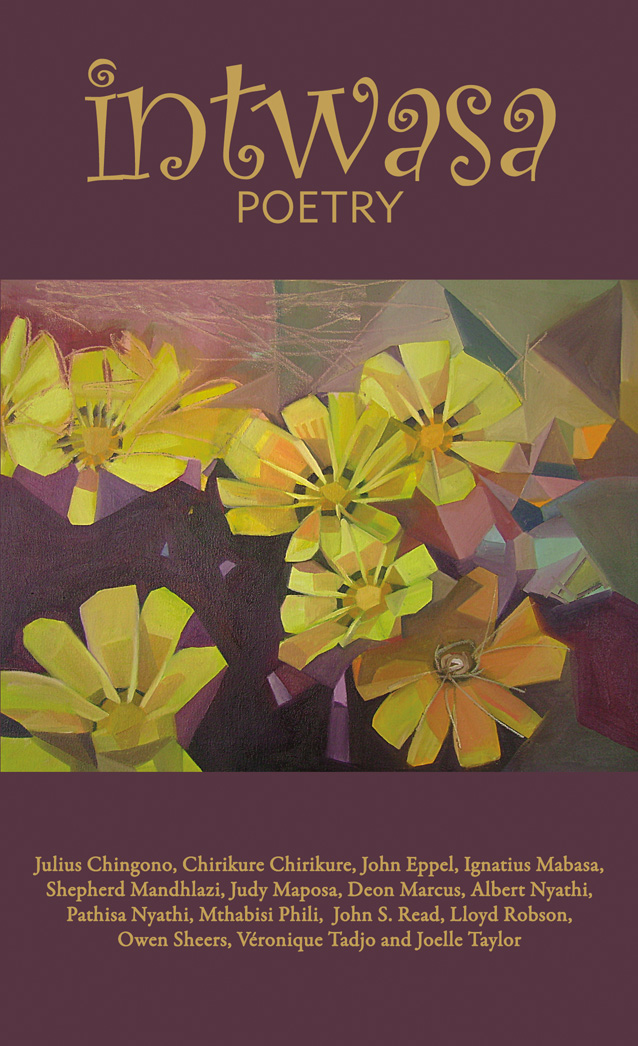


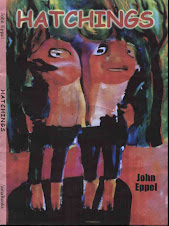













.jpg)











